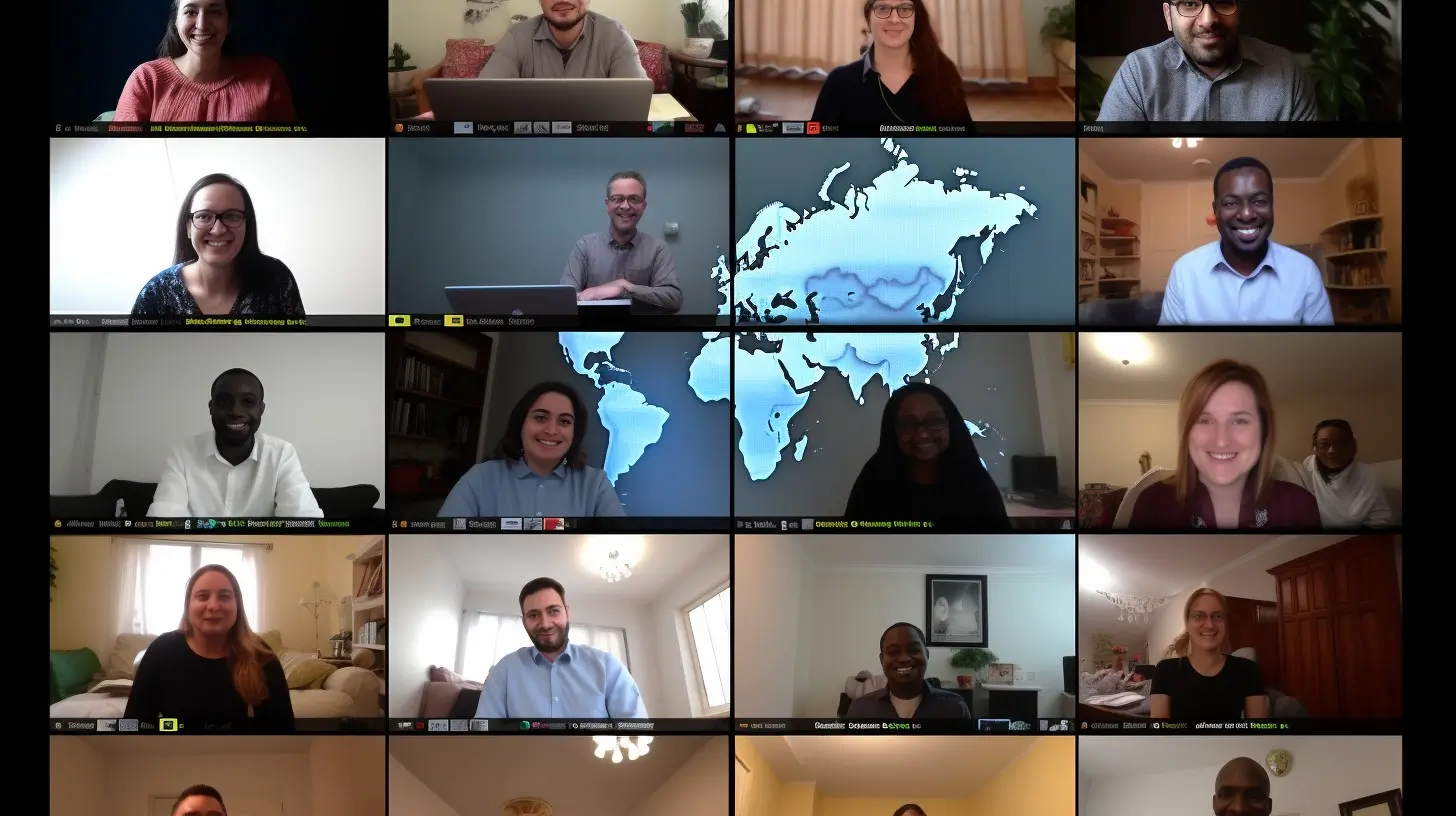Finding top freelance talent isn’t just about skills it’s about alignment. At Breedj, we connect companies with vetted remote professionals who don’t just deliver but drive your vision forward. 🌍
The Rise of the Gig Economy

The gig economy has experienced explosive growth, with nearly 60 million Americans freelancing in 2023, a figure expected to rise further as remote work becomes the norm. Globally, freelancers contribute over $1.2 trillion to the economy annually, highlighting their impact across industries. Businesses increasingly rely on freelancers for cost efficiency, agility, and specialized skills. However, hiring the right freelance talent is more than just scanning a profile it requires a structured approach that ensures alignment with business goals, work ethic, and security standards.
The first step is to define clear hiring requirements, including project scope, skill level, and collaboration expectations. Companies should assess portfolios beyond surface-level aesthetics, checking consistency, client testimonials, and measurable results. While platforms like Upwork, Fiverr, and Toptal provide access to vast talent pools, companies must go beyond ratings and reviews, conducting interviews and skill assessments to ensure they find freelancers who not only meet technical qualifications but also fit their company culture and values.
The Importance of Vetting Freelancers
Finding talent is only half the battle vetting freelancers thoroughly is crucial to avoid costly hiring mistakes. Studies show that over 40% of businesses struggle with freelancer reliability, leading to missed deadlines and subpar results. To mitigate these risks, businesses should implement a multi-step evaluation process, including structured interviews, problem-solving tasks, and small paid test projects. These assessments help determine not only technical expertise but also a freelancer’s ability to communicate, take feedback, and meet deadlines. Additionally, businesses must consider time zones, availability, and industry experience when hiring globally. A freelancer who delivers exceptional work but struggles with communication gaps or delays can disrupt workflows. Companies that establish clear collaboration guidelines, set milestone-based payments, and use detailed contracts can ensure smoother engagements, reducing the likelihood of disputes.
Securing Freelance Collaborations
Once a freelancer is onboarded, providing them with the right and secure tools is essential for efficiency and data protection. According to cybersecurity reports, nearly 20% of companies have experienced data breaches due to improper access control in freelance engagements. To minimize risks, businesses should use secure project management platforms (Trello, Asana, Notion), encrypted communication tools (Slack, Microsoft Teams), and cloud-based document-sharing solutions (Google Workspace, Dropbox Business) with restricted access. Additionally, using password managers (LastPass, 1Password) and multi-factor authentication (MFA) ensures freelancers only access the data they need while keeping sensitive company information secure. Companies must also comply with data protection laws such as GDPR or CCPA when working with freelancers handling customer data. Investing in cybersecurity training and implementing clear NDAs (Non-Disclosure Agreements) further strengthens security, protecting both freelancers and businesses from potential breaches.
Retaining Top Freelance Talent
Long-term success with freelancers goes beyond hiring; retention is key. Data shows that businesses that foster strong relationships with their freelancers reduce turnover by up to 60% and experience 30% higher productivity compared to those that frequently change contractors. Providing competitive pay, offering performance incentives, and maintaining clear and respectful communication are effective ways to build loyalty. Additionally, businesses should create a structured workflow that includes regular check-ins, progress updates, and continuous feedback loops. Many freelancers seek stability in their projects, and companies that demonstrate a commitment to their growth—through training, long-term contracts, or expanded opportunities—are more likely to retain top talent. Cultivating an environment where freelancers feel valued and integrated into the company’s mission enhances motivation, leading to better outcomes for both parties.
The Future of Freelance Workforce Management
In the ever-evolving landscape of remote work and the gig economy, companies that develop a strategic approach to hiring, securing, and retaining freelance talent will gain a competitive advantage. From implementing robust vetting processes and secure collaboration tools to fostering long-term freelancer relationships, businesses that invest in structured freelancer management unlock new avenues for efficiency, innovation, and growth. With platforms like Breedj, organizations can connect with vetted freelancers worldwide, ensuring seamless, secure, and impactful collaborations.
Are you ready to build a future-proof













